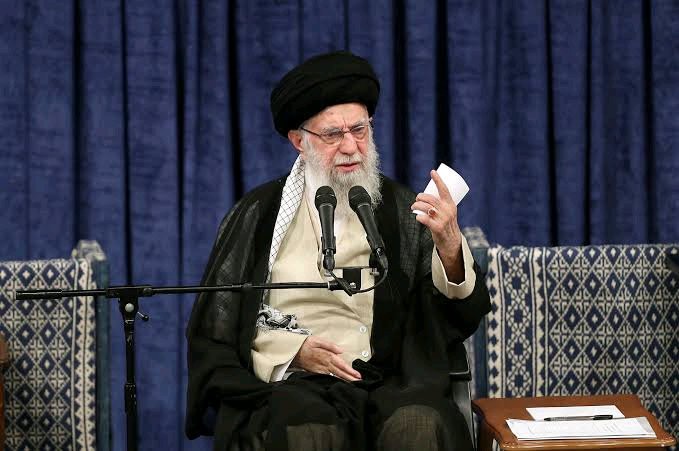In a recent post on X, Iran’s Supreme Leader, Ayatollah Ali Khamenei, offered a critical analysis of the Western feminist movement, particularly its advocacy for women’s financial independence. Reflecting on the origins of this idea, Khamenei argued that while the concept appeared beneficial at first glance, the underlying reality was driven by economic motives.
The Supreme Leader’s comments were aimed at highlighting what he perceives as the exploitation inherent in the Western model of gender equality. He contended that the push for women’s financial independence was not motivated by genuine concern for women’s rights, but rather by the desire to increase profits for industrialists and employers. By hiring women at lower wages than their male counterparts, Khamenei argued, capitalist systems were able to maximize labor exploitation.
Khamenei’s critique aligns with his broader criticism of Western ideologies, which he often portrays as being in conflict with Islamic values and principles. The Iranian regime has long maintained that the feminist movements in the West often overlook the social and economic consequences of their advocacy, which they argue benefits capitalist structures rather than empowering women in a meaningful way.
According to him, “About a century ago [in Europe], they said women should have financial independence and freedom. This idea looked good on the surface, but what was the underlying reality? Their factories needed workers. They wanted to hire women to be laborers and pay them less than men.”

